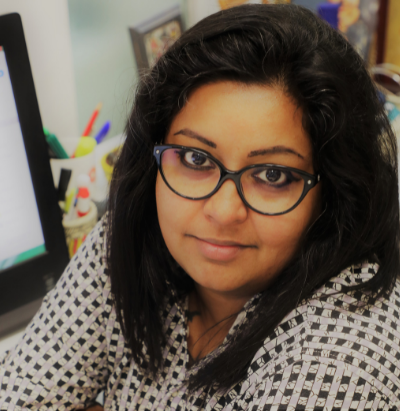Rivera-Escalera, F., Matousek, S. B., Ghosh, S., Olschowka, J. A., & O’Banion, M. K. (2014). Interleukin-1u03b2 mediated amyloid plaque clearance is independent of CCR2 signaling in the APP/PS1 mouse model of Alzheimer’s disease. Neurobiology of Disease, 69, 124-133. doi:10.1016/j.nbd.2014.05.018
Ghosh, S., Wu, M. D., Shaftel, S. S., Kyrkanides, S., Laferla, F. M., Olschowka, J. A., & O’banion, M. K. (2013). Sustained interleukin-1 overexpression exacerbates tau pathology despite reduced amyloid burden in an Alzheimer’s mouse model. Journal of Neuroscience, 33, 5053-5064. doi:10.1523/jneurosci.4361-12.2013
Matousek, S. B., Ghosh, S., Shaftel, S. S., Kyrkanides, S., Olschowka, J. A., & O’Banion, M. K. (2011). Chronic IL-1u03b2-mediated neuroinflammation mitigates amyloid pathology in a mouse model of Alzheimer’s disease without inducing overt neurodegeneration. Journal of Neuroimmune Pharmacology, 7, 156-164. doi:10.1007/s11481-011-9331-2







